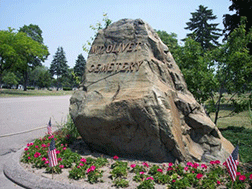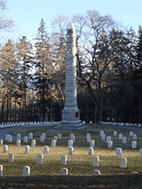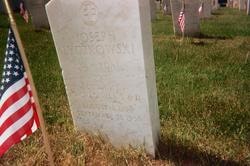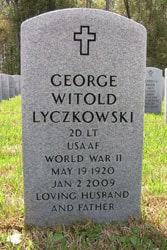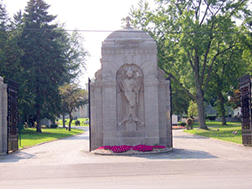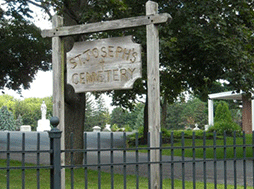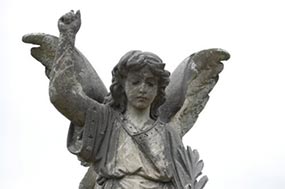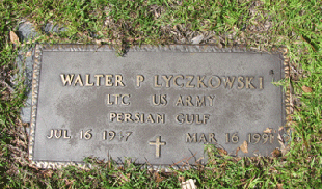"Szlachta" means men of war, warriors, a stratum of professional soldiers. The term stems from a German "schlacht", "battle". It became widespread in the Grand Duchy of Litva in the 15th century brought in here, along with the European traditions of knighthood, heraldry, military organisation and armament, from the Czechlands and Poland. As lords of the Grand Duchy of Litva had been associated with the military class since the 1300s, the word "szlachta" soon became a synonym of aristocracy, a collective term for local nobility, the gentry.
A Litvan nobleman marching for battle was equipped with all necessary weapons and armor, horses and provisions, and accomponied by servants to support him during military campaign. Summoned by the Grand Duke, a nobleman was obliged at any moment to report and joint the "pospolite ruszenie", or people's march, to drive the enemy away from the homeland.
Under Russia's rule the szlachta were deprived of their privileged social status. However, the sense of honour and dignity along with first-class swordsmanship remained distiguishing features of their descendants. Among them were the descendants of the Lyczkowski szlachta.
Below is a "Roll of Honor" of the Lyczkowskis, whose participation in battles is confirmed in historical records.
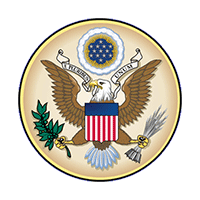
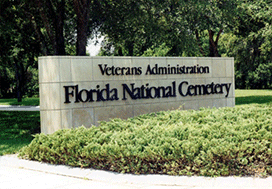
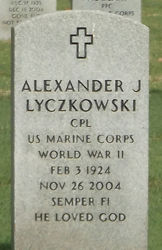



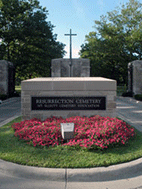

 Buried: 01/25/2016.
Buried: 01/25/2016.